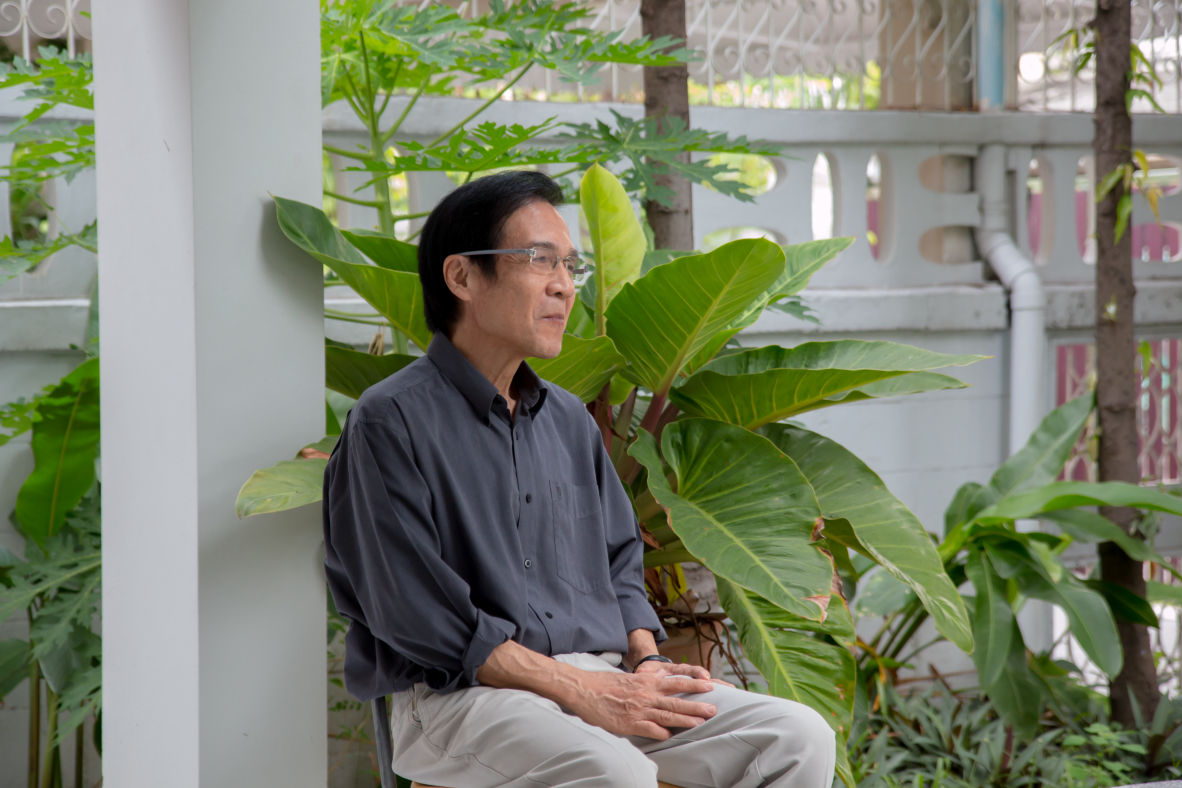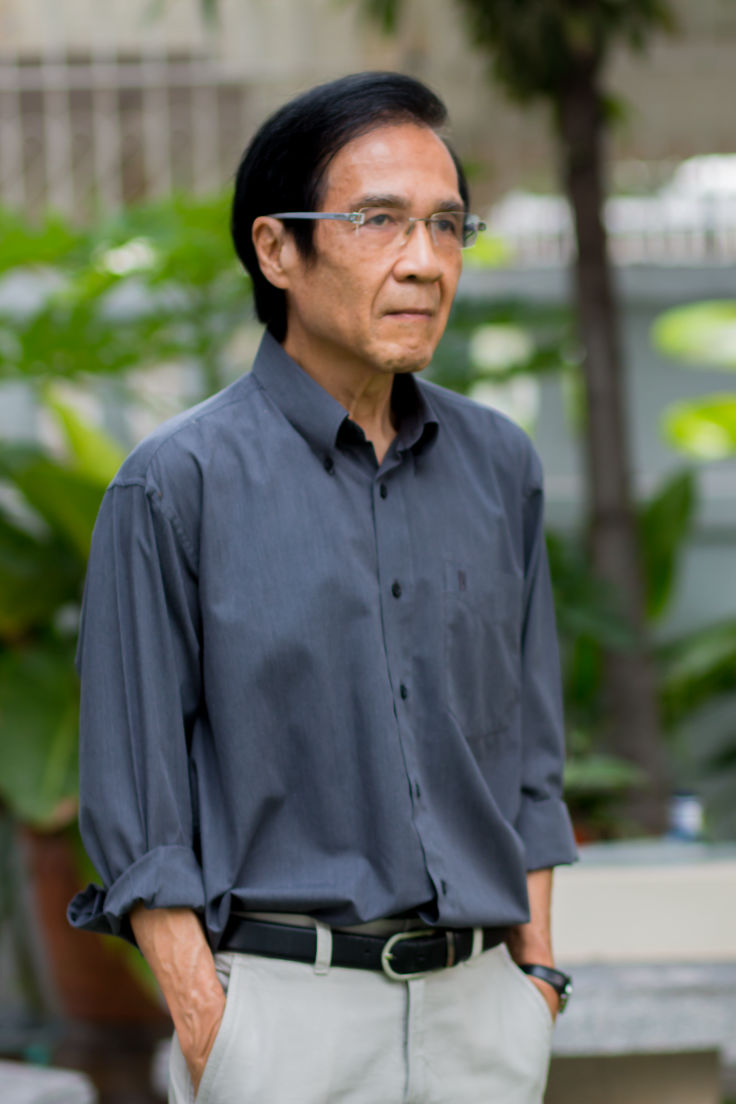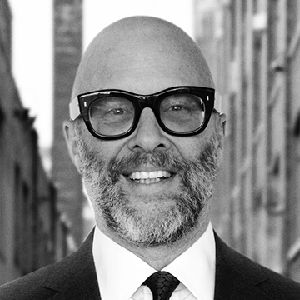Former Bangchak Petroleum executive Sophon Suphapong has a track record in turning the fortunes of companies and ordinary people around
- By Nattaya Chetchotiros -

Sophon Suphapong
During the early 1980s Bangchak refinery was in a mess, having accumulated massive losses of about five billion baht.
Then Sophon Suphapong, a former Petroleum Authority of Thailand executive arrived and did the seemingly impossible — pulled the ailing business out of its financial crisis.
Keeping the company, which had assets worth 200 million baht weighed against liabilities of five billion baht, from falling apart was hard enough, but, under Sophon’s leadership, Bangchak began turning a profit in just three months.
“When Privy Council president Gen Prem Tinsulanonda [who was prime minister at the time] told me I could do something to help Bangchak, I accepted the job. Still, I had no clue at that time what I could do, but I promised to turn a profit in five years. In just three months the company started making a profit, after 25 years of operating at a loss,” he said.
From that point onward, Bangchak went from strength to strength. By the end of 1985, nine months after his appointment, the company had generated 206 million baht in profit. By the end of 1990, it was enjoying profits of 1.35 billion baht.
The dramatic turnaround was not based on luck, but on the talent and wisdom of a man who was determined to make Bangchak’s 700-strong workforce realise its full potential.
Back then several technicians at Bangchak could not even read, so Mr Sophon had them play video games for six months to help them adapt to the refinery’s newly implemented computer system.
The refinery also had an outstanding safety record during his 14-year tenure. There were no accidents that resulted in a shutdown because every employee took their job seriously, knowing they had each other’s lives in their hands.
“I told them I didn’t want to know who did it [cause an accident]. I wanted to know what made it happen. I realised an accident was the result of something amiss in the process. And this level of trust meant they were all willing to share and solve the problem as a team,” he said.
Bangchak is also widely known as a community-minded businesses thanks to Mr Sophon. At the back of the refinery some space was allocated for vegetable farming so employees could take home whatever they grew. It expanded to become what is known as Khrobkhrua Rak Nok (the Bangchak Birdwatching Club).
Mr Sophon left Bangchak Petroleum when the country was hard hit by a financial crisis. The refinery was among the public assets put up for sale by the International Monetary Fund (IMF), a plan he disagreed with because it went against his business creed. He preferred it to be owned by local entrepreneurs which was reflected by Bangchak’s “mini petrol stations” initiative, run by local communities.
After he left the company, he pursued his dream of helping people in need to help themselves and established himself as a community development worker.

Sophon Suphapong
While he agreed with the adage, “Give a man a fish and you feed him for a day. Teach him how to fish and you feed him for a lifetime,” Mr Sophon cared more about providing people resources.
“A former prime minister once told me that adage, but I told him that people know how to fish, but we must not take resources away from them. Rivers, forests, and land, if we don’t take those away, we’re helping them,” he said.
With guidance from social thinker Prawase Wasi and generosity from Somkiat Pongpaiboon who drove him around all over the Northeast, Mr Sophon was never more certain that poverty was rooted in inequity and injustice.
Not a believer in populism, he set out to make people and their communities help each other and become self-reliant. He strongly urged them to not seek loans to fund new investment projects because it was too risky and loans were bad news for the poor.
At 72, Mr Sophon thinks he has faced up to all his challenges. He has been granted two awards that speak volumes about his work and challenges. In 1996, the Prime Minister’s Office named him the most outstanding person of the year in economic development and two years later, in 1998, he won the Ramon Magsaysay Award for his contribution to public service.

Tag

Tag

Tag

Tag

Tag

Tag
SHARE THIS PAGE!